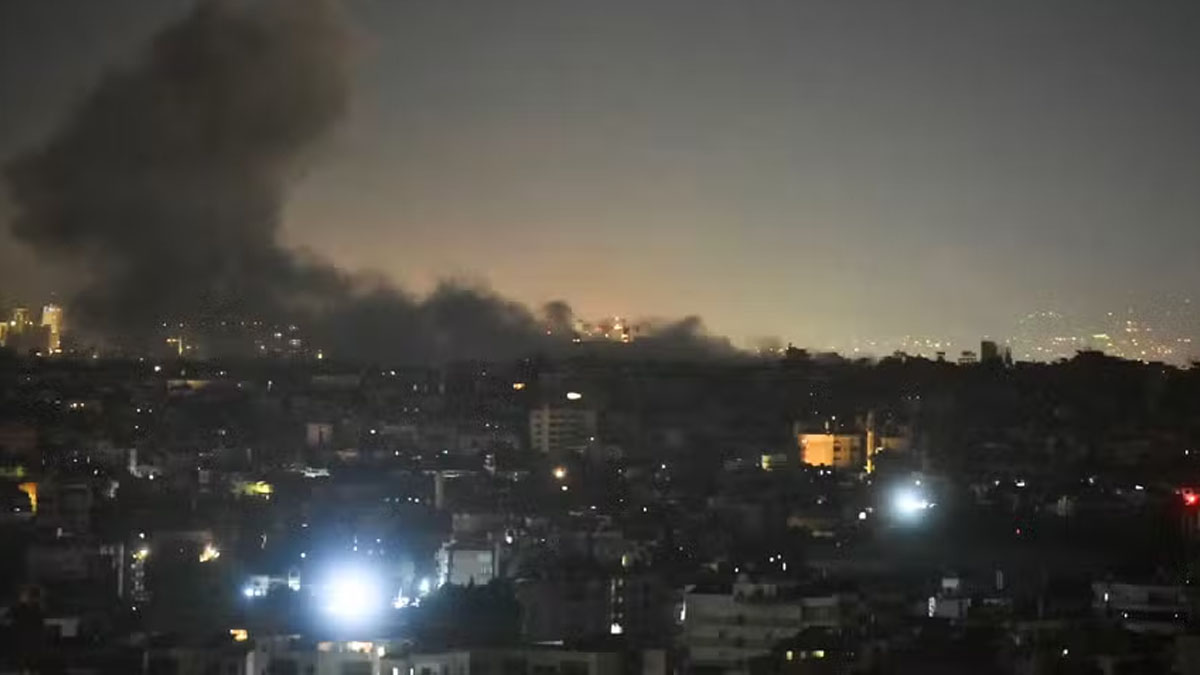Israeli Airstrikes Target Southern Beirut Amid Escalating Hezbollah Tensions
In a significant escalation of hostilities, Israeli airstrikes have targeted Hezbollah-related sites in southern Beirut in the early hours of October 23, 2024. The airstrikes, which struck key infrastructure areas, are being viewed as a response to rising tensions between Israel and Hezbollah. Israeli officials accuse Hezbollah of increasing its involvement in the ongoing Gaza conflict, with military intelligence suggesting imminent threats of cross-border attacks from Lebanon. These strikes have left parts of southern Beirut heavily damaged, raising fears of further conflict expansion.
The recent airstrikes follow a pattern of escalating violence in the region, as the humanitarian crisis in Gaza continues to worsen. Civilians trapped in conflict zones are facing severe shortages of food, medical supplies, and essential services, prompting international concern. Humanitarian organizations have been working around the clock, but access to certain areas remains restricted due to the intensity of the fighting. The international community has called for an immediate ceasefire, urging both sides to prevent further casualties.
Military officials from Israel have stressed the importance of these preemptive strikes to counter potential threats from Hezbollah. Intelligence reports indicate that Hezbollah has been mobilizing forces along the Lebanese border, possibly preparing for coordinated attacks against Israeli positions. These movements come at a time when Israel is already stretched thin by its ongoing operations in Gaza, creating concerns about a multi-front conflict. Hezbollah has not issued an official response, but sources indicate a high state of alert within their ranks.
International observers have warned that the situation could spiral into a wider regional conflict if not contained. The United Nations has renewed calls for diplomacy and de-escalation, with multiple countries in the region increasing security measures to prevent the conflict from spilling over into their territories. Meanwhile, the United States and European Union have both expressed support for Israel’s right to defend itself, while simultaneously urging restraint to avoid civilian casualties.
As the conflict deepens, regional stability hangs in the balance. Many are watching closely to see whether Hezbollah will retaliate or if diplomatic efforts can avert further escalation. With both sides heavily entrenched and determined, the coming days will be critical in determining the course of the conflict, potentially affecting the broader Middle East landscape for years to come.
